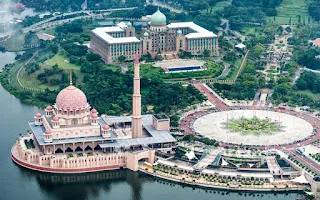
In his book, “Islamic Exceptionalism: How the Struggle over Islam is Reshaping the World”, Brookings Institution Senior Fellow Shadi Hamid argues that Islam is exceptional in how it relates to law, governance, and politics, and plays an outsized role in public life in the Arab world. He also posits that the hope that Islam will eventually undergo a reformation and secularise may be misplaced. This has implications for the future of not just West Asia but also Western democracy.
Hamid uses Islamic exceptionalism in a value-neutral sense i.e. exceptionalism can be either good or bad, depending on its manifestation. Nevertheless, it is true that Islam has proved resistant to secularisation and is therefore exceptional.
Two factors that contribute to its exceptionalism relate to the founding moment of Islam and the nature of its main scripture, the Quran. History and theology matter and should be understood particularly in the context of Islam. Prophet Mohammad was not just a man of religion, but a politician, a state-builder, and leader of a state. The Quran, therefore, addresses the socio-political context of that time as well as issues of governance, law, and order. Religion and politics are interwoven within the teachings of Islam. In contrast, Jesus Christ was a dissident against the state and did not rule or hold territory. Therefore, the New Testament does not talk about governance.
Is Islam exceptional? And what does it mean for the future of Western democracy?